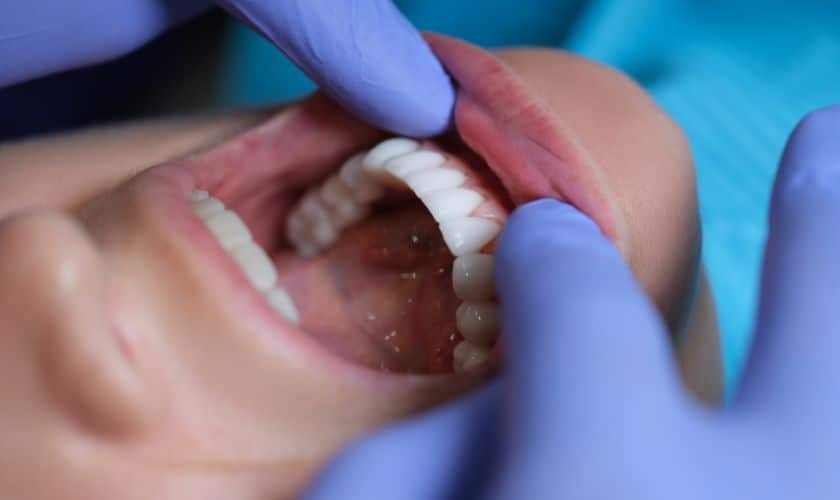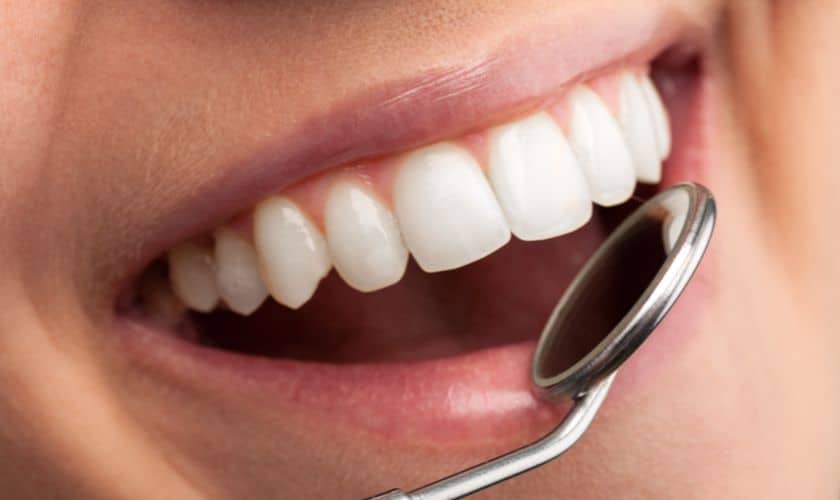One of those things that you might have heard over and over growing up? “Sugar causes cavities.” While it’s absolutely true that eating sugar can heavily contribute to the development of tooth decay, it’s important to realize that this is a complex topic. More complex than realizing that if you would just give up candy, you could expect perfect teeth for the rest of your life (this simply isn’t the case). The good news is that by learning more about how sugar plays a role in your smile health, why you should limit it, and what you need to do in general to keep your oral health safe, you will be on a much more successful path.
Sugar Can Promote Tooth Decay
It is absolutely true that sugar can promote cavity formation. Why is this? Let’s explore: Your teeth become coated with plaque every day. Plaque is a film full of bacteria. The bad bacteria feed on carbohydrates and sugars. When you eat sugar, they consume the sugar particles left on your teeth, they digest them, and then they emit acids. Those acids then coat your teeth, which can lead to erosion and – over time – decay. Keep sugar to a minimum, avoid carb-rich foods, rinse with water after eating, or rinse then brush and you’re in a much better position.
Avoiding Sugar Is Helpful – Not A Final Solution
As you noticed, sugar is certainly a contributing factor to tooth decay. However, so are other carb-rich foods and acidic foods. Also, many natural, good-for-you foods like fruits are full of natural sugars. So, cutting out all things sweet isn’t going to save your teeth from potential cavity development. True, eating foods good for your smile (like water, cheese, yogurt, nuts) is helpful. For comprehensive care, however, focus on keeping your smile clean and removing plaque twice daily with the following:
- Brushing twice a day
- Flossing once a day
- Receiving a dental cleaning twice a year





